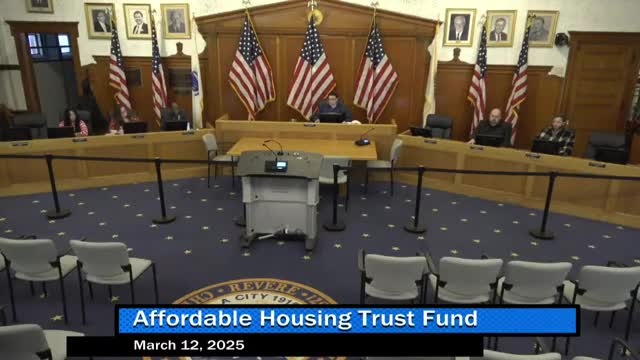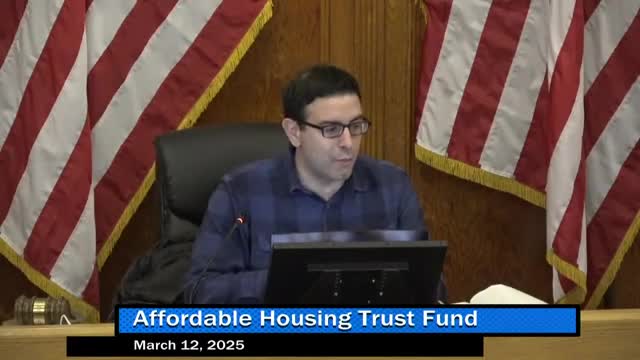Article not found
This article is no longer available. But don't worry—we've gathered other articles that discuss the same topic.

Revere trust fund weighs direct investment and grants to convert market-rate buildings to affordable ownership

City forwards tax‑title transfers to council and allocates $75,000 to first‑time homebuyer aid; senior repairs program remains in planning

